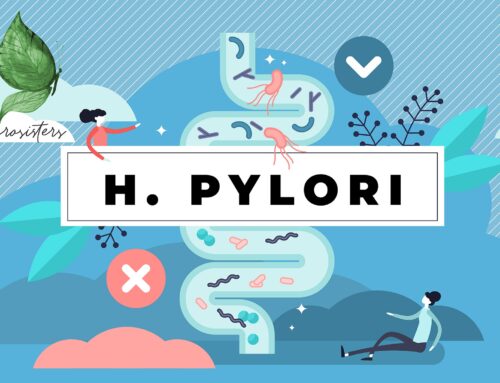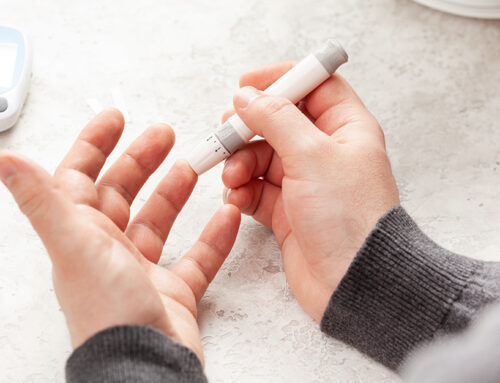
While practitioners of functional medicine have long understood the link between the health of a mother’s immune system and the risk of giving birth to a child with autism, asthma, allergies, and other disorders, it is validating to see this information in the New York Times: An Immune Disorder at the Root of Autism.
In this article, the author reports one-third of autism cases are the result of an inflammatory disease that began in the womb, thanks to the mother’s imbalanced immune system. Looking back through 20 years of data, researchers discovered that infections during pregnancy increase the risk of autism. Hospitalization for a viral infection (i.e., the flu) during the first trimester tripled the odds for autism, while a bacterial infection (including urinary tract infections) during the second trimester increased the risk by 40 percent.
Autoimmune diseases such as Hashimoto’s hypothyroidism have also been shown to play a role, as it is the mother’s immune imbalance that determines risk.
Maternal autoimmunity increases risk of autism in children
While viral and bacterial infections have declined over the last 60 years, autoimmune and chronic inflammatory disorders are steadily climbing. Autoimmune disease dwarfs cancer and heart disease combined, now affecting about 50 million people, or 20 percent of the population.
Hashimoto’s hypothyroidism is the most common autoimmune illness today, affecting an estimated 23 million.
Investigation revealed it isn’t the infections themselves that cause autism, but instead the reaction of the mother’s immune system to infection (her inflammatory response), as well as the overall health of her immune system.
One study of 700,000 births found that a mother’s rheumatoid arthritis, celiac disease, or Type 1 diabetes more than doubles the risk of autism in her child. Other research has connected additional autoimmune diseases, such as Hashimoto’s hypothyroidism, with an increased risk of giving birth to a child who develops autism.
In an autoimmune response, the immune system mistakenly creates antibodies to the body’s own tissue, thereby tagging the tissue for destruction. Researchers have found that some mothers of autistic children create antibodies to the brain tissue of their fetus, meaning the child is a born with a brain already developmentally imbalanced by immune destruction. In fact, research indicates that mothers of children with autism are five times more likely to have anti-brain antibodies in their systems.
Chronic inflammation in pregnancy raises risk of childhood disorders
Other risk factors for autism include maternal asthma, allergies, insulin resistance, obesity, and chronic low-grade inflammation. In other words, when a mom’s immune system is in constant overdrive—never getting the opportunity to rest—the development of the fetal brain is adversely affected and the overall risk for disorders is increased.
Diet and lifestyle can balance autoimmune Hashimoto’s hypothyroidism
Unfortunately, the story An Immune Disorder at the Root of Autism veers into the promise of using whip worms—yes, worms—to tame the out-of-control immune system. The theory is that autoimmune disease has skyrocketed in developed nations because we are too clean.
The article fails to mention those other hallmarks of Western civilization besides good hygiene: overabundant diets laden with sweet, starchy, processed foods; chronic stress; a sedentary lifestyle; and daily bombardment of environmental toxins.
Thankfully, practitioners of functional medicine have measures other than the whip-worm therapy to manage autoimmune diseases such as Hashimoto’s hypothyroidism and chronic inflammation, all backed by peer-reviewed science. These include an autoimmune diet and the use of targeted, customized nutritional therapies.
Ask my office how we can assist you in addressing your Hashimoto’s hypothyroidism and, in so doing, help you to lower the risk of giving birth to a child with asthma, allergies, autism, or other brain and immune disorders.





